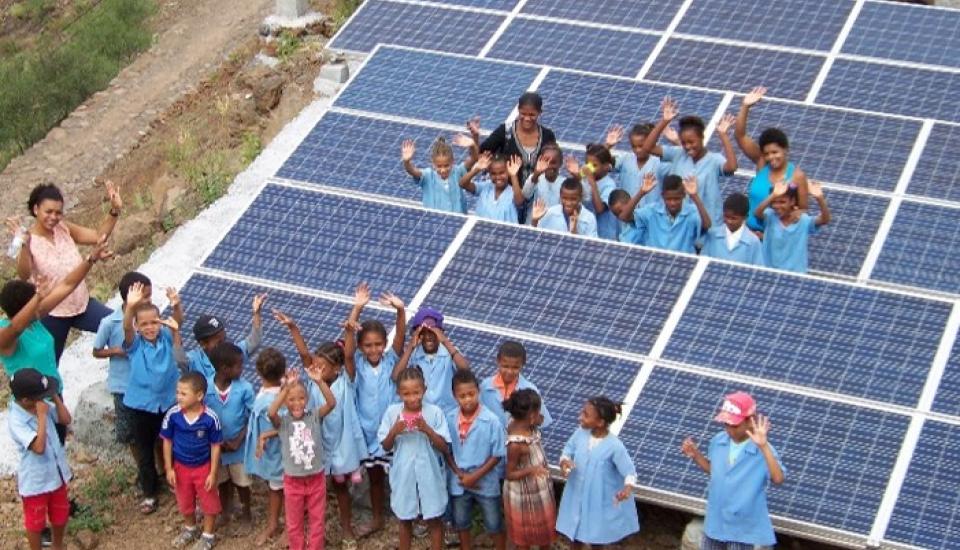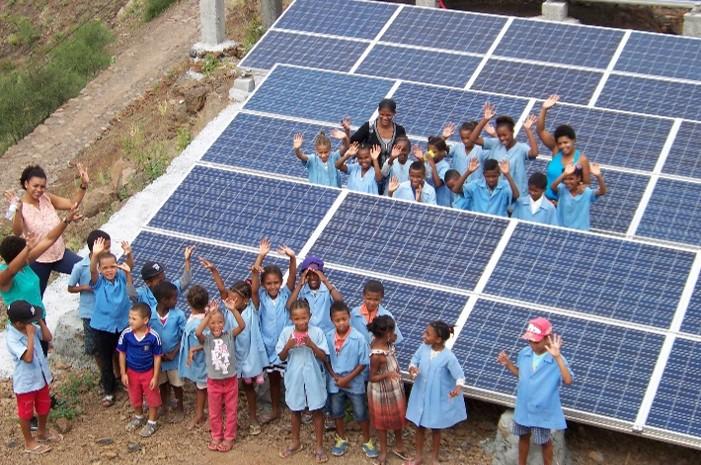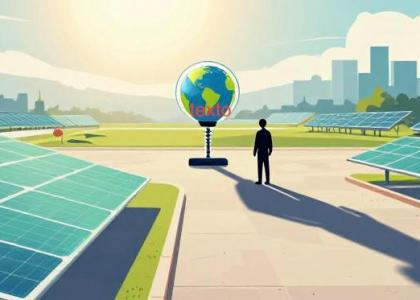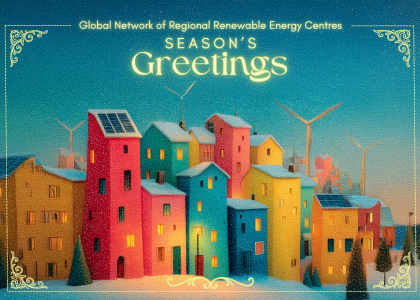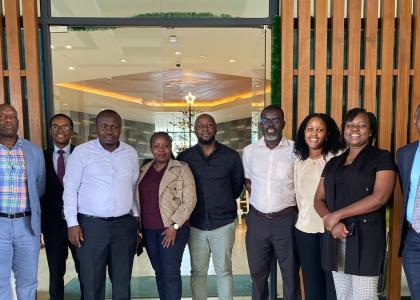ECREEE - Praia, - 11th May 2021 -The ECOWAS Centre for Renewable Energy and Energy Efficiency in partnership with the Global Environmental Facility recently implemented ten demonstrative renewable energy projects in Cabo Verde worth $ 8.6 million. The GEF Cabo Verde IV project dubbed “Market promotion of small and medium scale renewable energy systems” was executed in collaboration with the United Nations Industrial Development Organization (UNIDO) and the Ministry of Industry, Commerce and Energy of Cabo Verde.
The Global Environmental Facility GEF funded 30% of the project at a tune of ($1.8 million) while the remaining 70% was mobilized by the project promoters. The initiative is aimed at reducing green house gas emissions by creating favourable market conditions for the implementation of small and medium-sized renewable energy projects in the country. The scheme facilitated the installation of about 1,117 kW of clean energy, which has so far prevented the emission of 2,884 tonnes of CO2, and saved up to $695.163 (USD).
The launching of the projects was preceded by the implementation of five different components. These includes validation of the technical and economic viability of small and medium scale renewable projects in Cabo Verde, implementation of strategies that promote investments in small and medium renewable energy systems, consolidation of legal and regulatory frameworks that promote investments in renewable energy, as well as capacity building and awareness creation.
ECREEE has also organised a virtual meeting with the relevant stakeholders to discuss the technical evaluation of the 10 demonstrative projects. In appreciation of the strides made, participants underscored the need to ensure the sustainability of the projects particularly in the areas of agriculture, fishing, and rural electrification. They called for the implementation of more renewable energy systems for water pumping, ice production and desalination, as well as to provide access to energy for remote communities.

